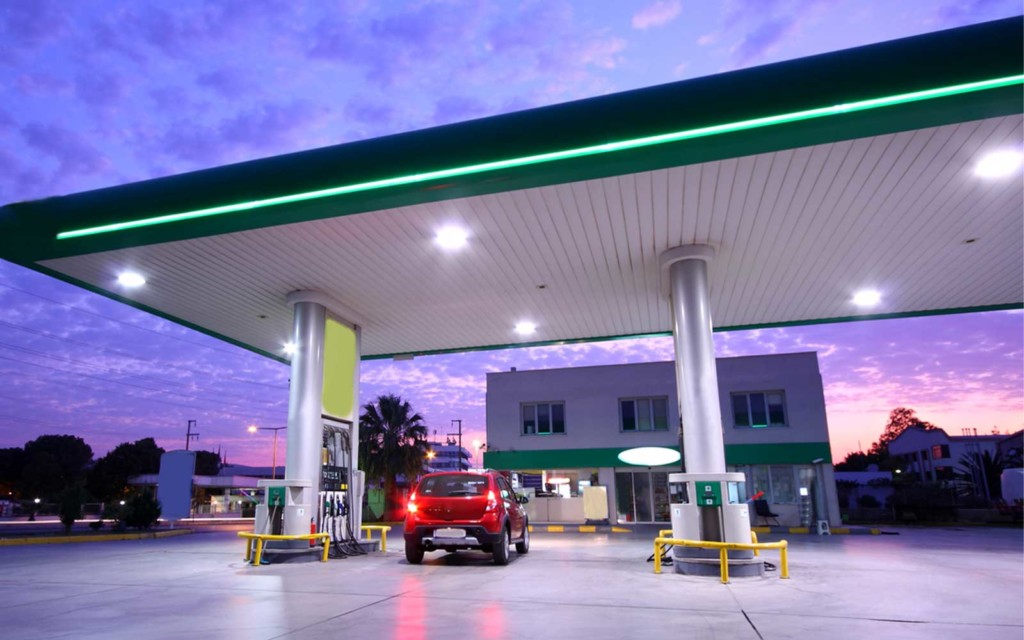There are many sites across NSW that have previously been used to store fuel, such as petroleum and waste oil, underground. These include:
- service stations
- maintenance and logistics depots
- manufacturing facilities
- marinas
- golf courses.
These sites come with their own contaminated land assessment challenges. Underground tanks used to store petroleum and other fuel are a common cause of air, soil and groundwater contamination. They can cause serious environmental and human health risks if not handled correctly.

Many are located in residential areas, and the intrusive nature of underground assessment can generate noise, odour and dust. There is often a lack of information about the presence, location and size of underground fuel tanks, how they were used and whether any modifications have previously occurred at the site.
And there can be complex ownership arrangements, making it difficult to work out who is responsible for the contamination (eg the landowner, site operator/tenant, fuel supplier or the owner of the tanks).
All contamination assessments at former service stations and other underground fuel storage sites must conform to legislation set out in the CLM Act and follow EPA guidelines, and should only be carried out by qualified and experienced consultants.
Airsafe has performed many contaminated land assessments on former service station sites, helping our clients meet their regulatory requirements and have their sites successfully removed from contaminated land registers.
To organise a contaminated land assessment contact Airsafe today.




